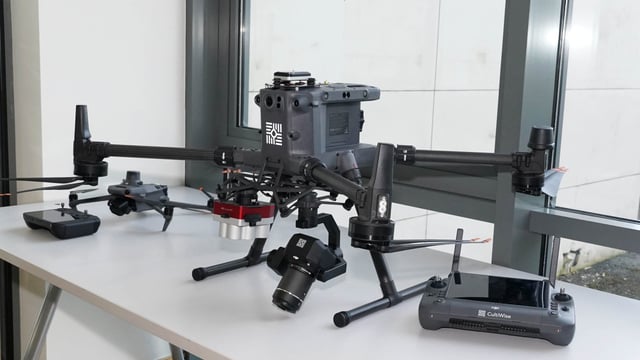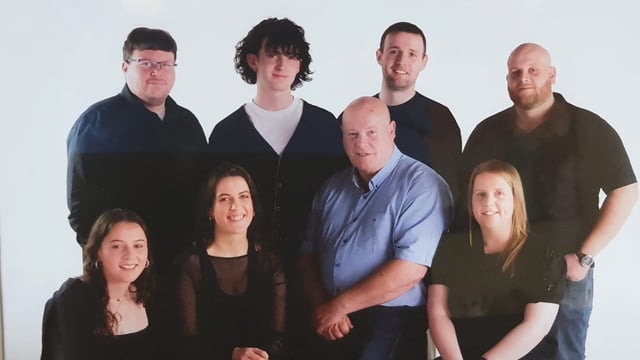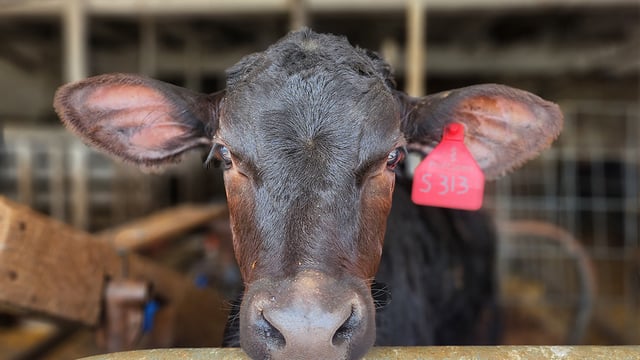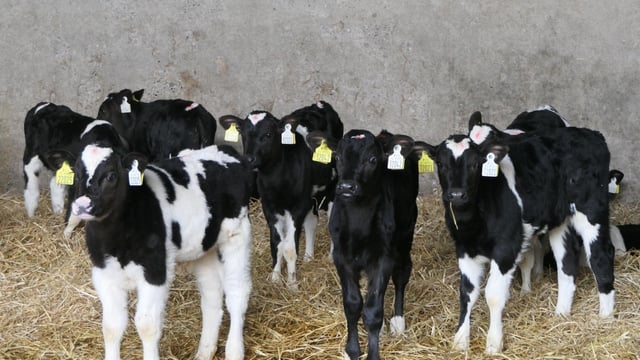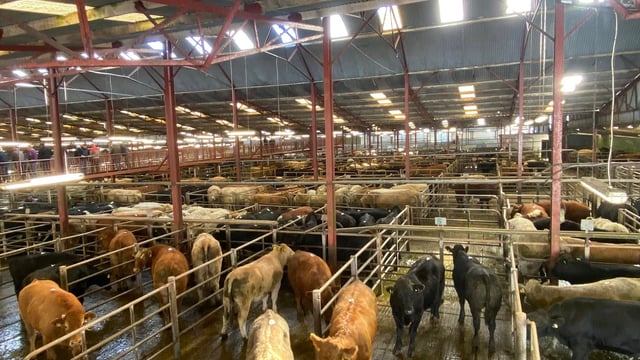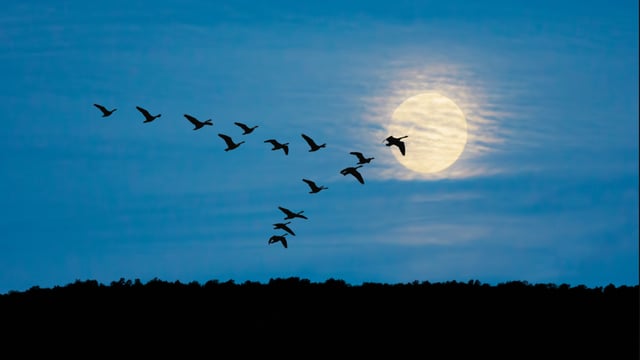Calf registrations down slightly on last year's figures
Calf registrations have reached 175,646 head for 2025, with 90,020 registered in the past week based on Irish Cattle Breeding Federation (ICBF) data.
The data from ICBF applies to calves that were registered before February 7.
This time last year, some 183,610 head had been registered, with registrations down by nearly 8,000 compared to the same time last year.
Calf registrations
Based on the data, 142,882 calves have been registered to dairy dams, down by 7,174 head compared to 2024.
For this week (ending February 7), 80,894 calves were registered to dairy dams, which when compared to the same week last year is down by 2,914.
The decrease may be due to the lag in genotyping, which, in many cases, is currently taking over 11 days for calves to be registered.
Calves registered to beef dams number 32,764 so far this year.
For the same period in 2024 some 33,554 calves had been registered to beef dams, with numbers down slightly, by 790 head.
For the week ending February 7, a total of 90,020 calves were registered to dairy and beef dams, down by 3,191 head compared to the same period last year.
Genotyping
There were concerns last spring with time taken for passports to come back to farmers, which hindered farmers selling their calves.
In response to these concerns last spring, the ICBF said that it was making a number of improvements to the National Genotyping Programme (NGP) in response to concerns raised by farmers.
To rectify the issues experienced last year, the ICBF implemented a process whereby a calf’s passport issued automatically once the sample hit 10 days in the lab, in order to relieve any concerns about moving animals in a timely fashion.
The typical timeline in getting DNA samples back, according to the ICBF is as follows
- Day 1 – Calf is born and tagged and the calf’s DNA sample is sent to the lab;
- Day 3 – Sample is received in the DNA lab and acknowledged;
- Day 8 – Parentage confirmed and communicated with DAFM/farmer;
- Day 11 – Calf’s passport arrives in the post.
Where the genotype results have been slow to come back, the ICBF has offered to send out the passport first, with the genotype results to follow.
ICBF told Agriland that there was some “some technical issues” in getting the genotype information back to farmers in November 2024.


